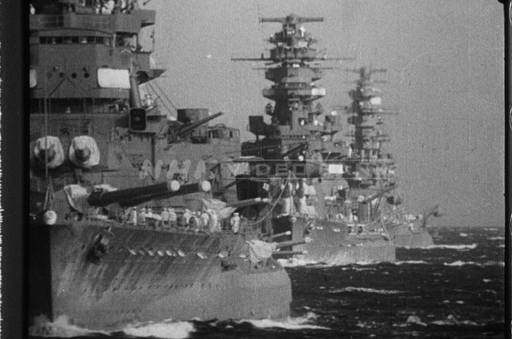

Why was George Patton not made a five-star general? George Patton, one of the most famous American generals of World War II, was never made a five-star general for several reasons:
Limited Number of Five-Star Generals:
The five-star rank, known as “General of the Army,” was created during World War II. Only five individuals were promoted to this rank in the U.S. Eisenhower, Henry “Hap” Arnold, and Omar Bradley. The rank was reserved for the highest echelons of command, typically those in overall command of large theaters or entire branches of the military.
Position and Timing:
Patton’s roles, while significant, did not place him at the very top of the command hierarchy. He commanded the Third Army, which was a critical but subordinate command compared to the overall theater commanders like Eisenhower in Europe or MacArthur in the Pacific. By the time five-star promotions were considered, others were prioritized due to their positions and the broader scope of their responsibilities.
Controversial Nature:
Patton was known for his aggressive and outspoken nature, which, while effective in many battlefield situations, also made him a controversial figure. His behavior sometimes strained relationships with both American and Allied leaders. Incidents like the slapping of soldiers in Sicily and his outspoken political views made him a more divisive figure compared to the other generals who were promoted.
End of the War and Post-War Considerations:
The decisions regarding five-star promotions were influenced by the need to recognize leadership and strategic contributions in the context of the entire war effort. By the war’s end, priorities shifted towards rebuilding and managing post-war responsibilities, where other generals were seen as more suitable for continued high command roles. For instance, Omar Bradley was made a five-star general after the war partly due to his continuing role in military leadership during the early Cold War period.
In summary, while Patton was a brilliant and effective battlefield commander, the combination of his position, the limited number of five-star promotions, and his controversial nature contributed to the decision not to elevate him to the rank of five-star general.




